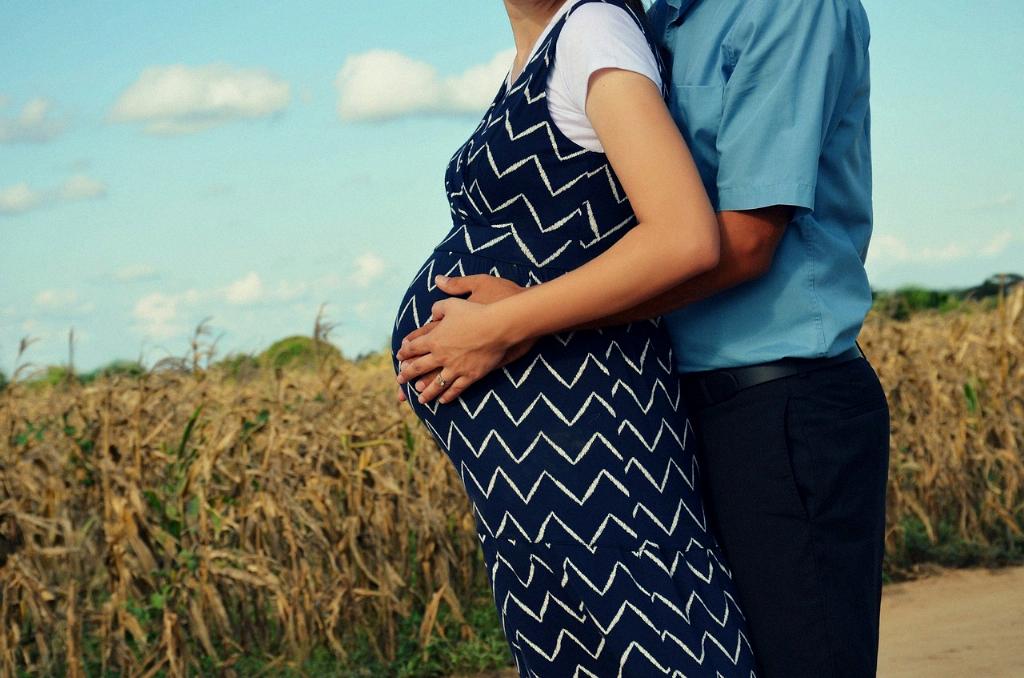When it comes to the transmission of Lyme disease from a mother to her baby, it is crucial to delve into the complexities of gestational Lyme borreliosis. This condition manifests itself similarly to prenatal syphilis, showcasing various signs and symptoms that warrant careful consideration and attention.
One of the key concerns in this scenario is the potential for transplacental transmission of the Borrelia burgdorferi spirochaete from an infected mother to her fetus. The presence of this bacterium in the placenta raises significant questions about the likelihood of the baby contracting Lyme disease during gestation.
Research on the transplacental transmission of Lyme disease has highlighted the viability of this mode of transfer from mother to baby. The intricate interplay between the mother’s infection status and the development of the fetus underscores the need for thorough monitoring and proactive measures to mitigate the risks involved.
Furthermore, the implications of Lyme disease transmission to the baby extend beyond the immediate postnatal period. The potential long-term effects on the child’s health and well-being underscore the significance of early detection and appropriate interventions to address any emerging concerns.
Addressing the question of whether a mother can pass Lyme disease to her baby necessitates a comprehensive understanding of the mechanisms involved in vertical transmission. The intricate processes that govern the dissemination of the spirochaete from mother to fetus underscore the need for vigilant monitoring and targeted interventions.
It is essential to recognize the subtle nuances in detecting and managing Lyme disease transmission in the context of maternal-fetal health. The multifaceted nature of this condition requires a multidisciplinary approach that prioritizes both maternal and neonatal well-being throughout the pregnancy and beyond.
By acknowledging the potential risks associated with Lyme disease transmission from mother to baby, healthcare providers can implement tailored strategies to safeguard the health of both the mother and the developing fetus. Early identification and prompt intervention are crucial in mitigating the impact of this transmission route.
Furthermore, the evolving landscape of Lyme disease research necessitates ongoing vigilance and awareness of emerging trends in vertical transmission. Staying informed about the latest findings and recommendations is essential for healthcare professionals working with pregnant women who may be at risk of transmitting the infection to their babies.
As we navigate the complexities of Lyme disease transmission from mother to baby, it is imperative to prioritize evidence-based practices and tailored interventions that address the unique needs of each pregnant individual. Empowering women with knowledge and support can facilitate informed decision-making and proactive management of potential risks.
In conclusion, the question of whether a mother can pass Lyme disease to her baby underscores the intricate interplay between maternal health, fetal development, and disease transmission dynamics. By adopting a holistic approach that integrates current knowledge and best practices, healthcare providers can effectively mitigate the risks associated with vertical transmission and promote positive outcomes for both mother and baby.

